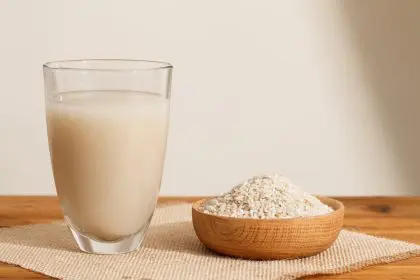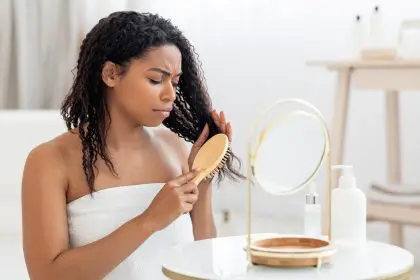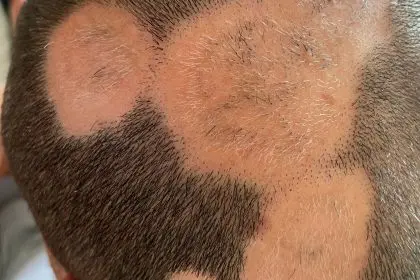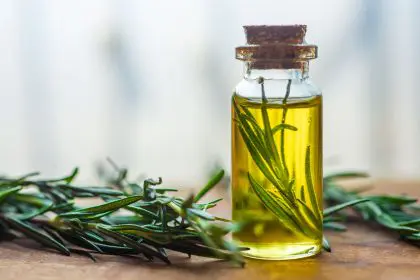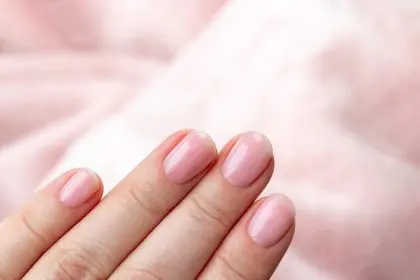The rise in women’s hair loss has sparked growing concern among dermatologists and hair care professionals. While genetic factors play a significant role, everyday hair care products often contribute to this issue more than many realize. Research shows that certain common products can weaken hair follicles and accelerate thinning over time.
The hidden dangers of harsh shampoos
Commercial shampoos often contain aggressive cleaning agents that compromise hair health. Dermatologists point to sulfates, parabens, and artificial fragrances as particularly problematic ingredients. These chemicals strip the scalp of natural oils, creating an environment where hair follicles struggle to thrive.
Recent studies indicate that regular use of sulfate-heavy shampoos can increase scalp inflammation, a known contributor to hair loss. Trichologists recommend switching to gentler formulations containing natural cleansers like coconut-based surfactants or herbal extracts.
Professional hair care experts suggest that women with thinning hair should look for products containing ingredients like aloe vera, tea tree oil, or botanical proteins. These alternatives clean effectively while maintaining the scalp’s natural moisture balance.
The silicone buildup problem
Heat protectant products, while marketed as hair saviors, often contain heavy silicones that create long-term problems. These substances accumulate on the scalp and hair shaft, leading to what hair specialists call “suffocation” of the follicles.
Hairstylists report that clients who regularly use silicone-based heat protectants often experience increased hair thinning over time. The buildup not only weighs down hair but also prevents essential nutrients from reaching the follicles.
Alternative heat protection methods include natural oils like argan or grapeseed, which provide protection without the damaging buildup. Many hair care professionals now advocate for reducing heat styling frequency altogether, suggesting heatless styling techniques for healthier hair.
The dry shampoo dilemma
While convenient, dry shampoos present a significant risk to scalp health. Trichologists warn that these products can create a barrier on the scalp that interferes with normal hair growth cycles. The powders and starches in these products often combine with natural oils to form a paste-like residue that clogs hair follicles.
Research from leading dermatology clinics shows that regular dry shampoo users often experience more scalp inflammation and increased hair shedding. The alcohol content in these products can also dehydrate the scalp, compromising its ability to support healthy hair growth.
Alcohol-based styling products
Hair sprays and styling gels containing high alcohol concentrations pose a particular threat to hair health. These products not only dehydrate the hair shaft but can also irritate the scalp, leading to inflammation and eventual hair loss.
Styling experts emphasize that prolonged use of alcohol-heavy products creates a cycle of damage: the products dry out the hair, leading to breakage, which prompts more product use to control the damaged hair. Breaking this cycle requires switching to water-based or cream-based styling alternatives.
Chemical hair dyes and treatments
The impact of harsh chemical treatments extends beyond surface-level damage. Ammonia and bleach-based hair dyes can fundamentally alter hair structure and compromise follicle health. Hair color specialists report that repeated chemical processes often lead to noticeable thinning, especially around the hairline and crown.
Modern alternatives include vegetable-based dyes and gentler coloring techniques that maintain hair integrity. Many salons now offer ammonia-free color options that provide coverage while preserving hair health.
Prevention strategies
Hair care professionals recommend a comprehensive approach to preventing product-related hair loss:
- Monitor product ingredients carefully and avoid those containing harsh chemicals
- Implement regular scalp detoxification treatments
- Allow time between chemical services
- Use protective styling techniques
- Maintain proper product pH balance
Professional intervention
For women experiencing early signs of thinning, consulting a dermatologist or trichologist can help identify product-related causes before significant loss occurs. These specialists can provide personalized recommendations based on individual scalp conditions and hair types.
Long-term hair health
Maintaining healthy hair requires more than just avoiding harmful products. Nutrition experts emphasize the importance of a balanced diet rich in biotin, iron, and protein. Regular scalp massages can stimulate blood flow and promote stronger hair growth.
The future of women’s hair care lies in understanding both what to avoid and what to embrace. As research continues to reveal the impact of various ingredients on hair health, the trend toward gentler, more natural products continues to grow.
This story was created using AI technology.


